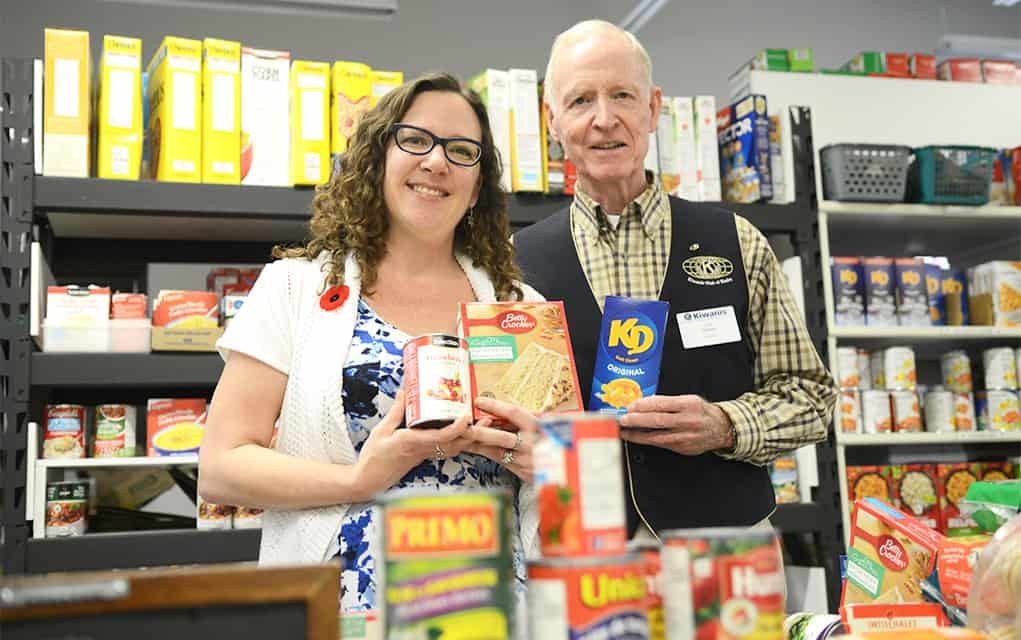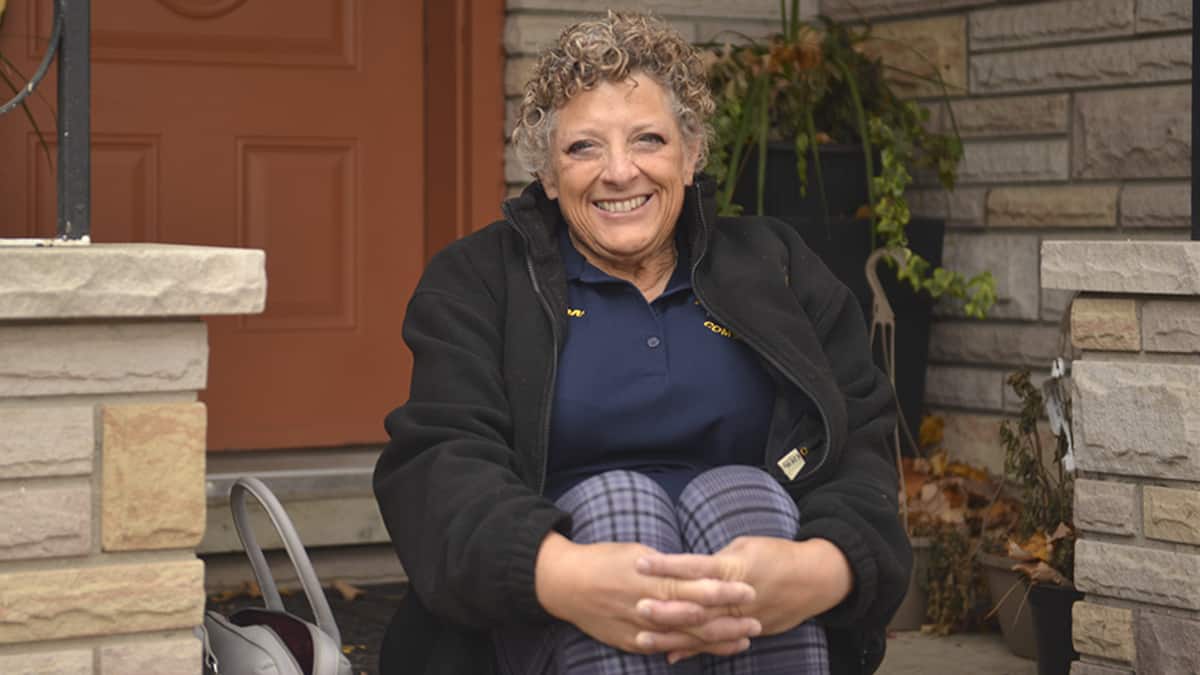A pandemic-fuelled increase in demand for its services has been met with a boost in support from the community, the Food Bank of Waterloo Region notes in a new report.
The lockdown and resultant economic downturn following the coronavirus pandemic also forced the organization to make changes even as more people sought food assistance, the impact study notes.
Still, things are going as well as could be expected under the circumstances, largely due to community support, said Wendi Campbell, CEO of the Food Bank of Waterloo Region.
“We’re just so incredibly thankful for the support that we received from the community, which is one of the reasons we wanted to distribute that impact report to really show the community how their support has really helped us to keep moving and helped us to provide support to this range of programs and services throughout our community,” she said.
Continued support from the community, whether it be a food donation, or a financial donation is always appreciated. Whether people are donating directly to the food bank of Waterloo Region or directly to Woolwich Community Services [and] we actually are running a bit of a holiday campaign that allows people to make that choice – regardless, every little bit helps. And I think that’s really important.”
At the start of the pandemic, she notes, there was a 40 per cent increase in the amount of food distributed over the year prior. There was also a 30 per cent increase in new households that were serviced (1,301), and a 307 per cent increase in the number of calls received from people who were looking for services.
The report, which covers the period between March 23 and August 31, shows the food bank provided 333,703 meals at 36 shelter, residential and outreach programs; 21,274 individual recipients received emergency food and hunger relief support; and 2,300,332 pounds of fresh, frozen and non-perishable food items were acquired and distributed throughout the region.
The food bank run by Woolwich Community Services has seen similar increase in the number of people requesting assistance.
Lisa Martin, foodbank coordinator with WCS, said the agency has many programs to meet the demand, including food hampers, ‘Fresh Food Friday,’ a bread program that runs on Mondays, and the ‘Lunch Crunch’ program. Many of these services have seen an uptick in the usage from residents in the community since the pandemic began.
“I would say that our walk-in program has greatly increased and [food] hampers have increased a bit… we’re seeing those have increased the most. Hampers are still full, but the fact that people can walk in and grab a few items has definitely increased,” said Martin.
Over the next few months, the Food Bank of Waterloo Region expects that they may see a 30 per cent increase in requests for services. While they do not have a timeframe for if or when this may occur, Campbell says the pandemic plan they have in place has allowed them to ensure they are prepared for the next six, 12 or even 18 months.
With the holidays right around the corner, there will be even more need for support from the community so food banks here in the townships and across the region can continue to thrive.
Campbell says they will be running a holiday campaign where donors can select where they want their donation to go. She says they are in need of items such as cereal, canned fruit, canned meat, fish, peanut butter and other non-perishable items.
“If people are shopping and can pick up a couple of those most needed items and leave it at the grocery store those donations go a really long way to helping us fill those gaps in our inventory and financial resources help keep trucks on the road and supply chains steady and the ability to purchase food when things get tough,” she said.
For more information, visit The Food Bank or Woolwich Community Services.









